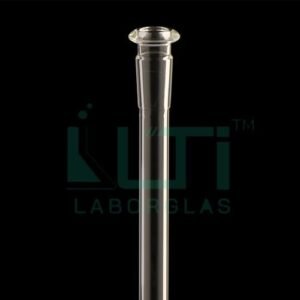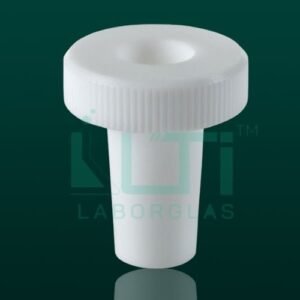Plastic pipettes are recommended where it is important to avoid the possibility of glass fragments.
| PART No. | CAPACITY(ml) | STERLISED | Length (mm) | Pack QTY. |
| 3560-0.2 | 0.2 | Y | 68 | 1000 |
| 3560-1.0 | 1.0 | Y | 150 | 1000 |
| 3560-3.0 | 3.0 | Y | 155 | 1000 |
| 3560-0.2A | 0.2 | N | 68 | 1000 |
| 3560-1.0A | 1.0 | N | 150 | 1000 |
| 3560-3.0A | 3.0 | N | 155 | 1000 |
Here are some common uses of plastic Pasteur pipettes:
- Liquid Transfer: The primary use of plastic Pasteur pipettes is for transferring small volumes of liquids. They are particularly useful when precision is not a critical factor, and disposable, single-use pipettes are preferred.
- Chemical Handling: Plastic Pasteur pipettes are often used for dispensing various chemicals in laboratories. They are suitable for applications where the transfer of small quantities of reagents is required.
- Sample Collection: Plastic Pasteur pipettes are employed for collecting small samples, especially in microbiology and clinical laboratories. They can be used to aspirate and dispense liquids in a controlled manner for various testing and analysis purposes.
- Biological and Medical Applications: In medical and biological research, plastic Pasteur pipettes are used for tasks such as transferring cell cultures, adding reagents to samples, or withdrawing small volumes of biological fluids.
- Dilution Procedures: Plastic Pasteur pipettes are suitable for diluting solutions. Their disposable nature makes them convenient for tasks where cross-contamination between samples must be avoided.
- Staining and Dyeing: In histology and cytology laboratories, plastic Pasteur pipettes are used for staining and dyeing procedures. They allow controlled and precise application of stains to specimens.
- Fluid Sampling in Field Studies: In field studies and environmental monitoring, plastic Pasteur pipettes can be used for collecting small liquid samples for analysis. Their disposable nature is advantageous in fieldwork where carrying and cleaning traditional glass pipettes may be impractical.
- Teaching and Demonstrations: Plastic Pasteur pipettes are commonly used in educational settings for teaching basic liquid handling techniques. Their simplicity and disposability make them suitable for introductory laboratory exercises.
- Quick Transfers in Clinical Settings: In clinical settings, such as hospitals or clinics, plastic Pasteur pipettes can be used for quick and controlled transfers of small liquid volumes during diagnostic procedures.
- Food and Beverage Industry: Plastic Pasteur pipettes find applications in the food and beverage industry for tasks like transferring flavorings, colors, or additives in controlled amounts.
- Cosmetic Industry: In the cosmetic industry, plastic Pasteur pipettes can be used for precise dispensing of ingredients in the formulation of cosmetic products.
- Art and Craft: Plastic Pasteur pipettes are sometimes used in art and craft projects where controlled dispensing of small amounts of liquids, such as paints or dyes, is required.






